Opinion Pieces
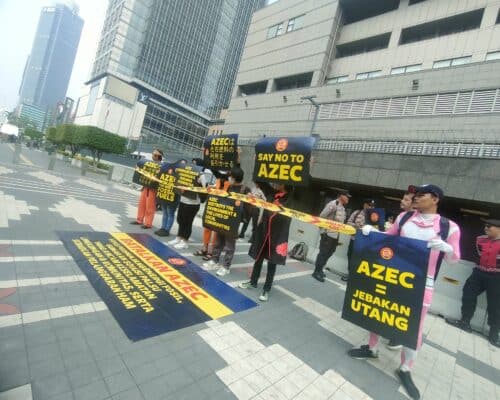
Prime Minister Ishiba’s Opportunity to Lead Asia’s Energy Transition [Op-Ed]
Gerry Arances, Executive Director at CEED and Zenzi Suhadi, Executive Director of WALHI, call upon Prime Minister Ishiba to stop investing in dirty energy projects and stop the continued derailing of Southeast Asia's energy transition.
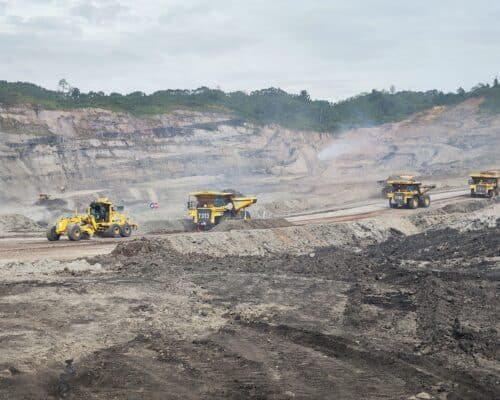
Jokowi’s Decade in Review: Indonesia’s Energy Transition in Regress [Op-Ed]
During President Joko Widodo's leadership from 2014 to 2024, Indonesia has not yet passed any specific statutory regulations governing the energy transition. Sartika Nur Shalati from Yayasan Indonesia CERAH shares her views on President Jokowi's energy sector policies hindering the growth and development of Indonesia’s renewable energy sector.
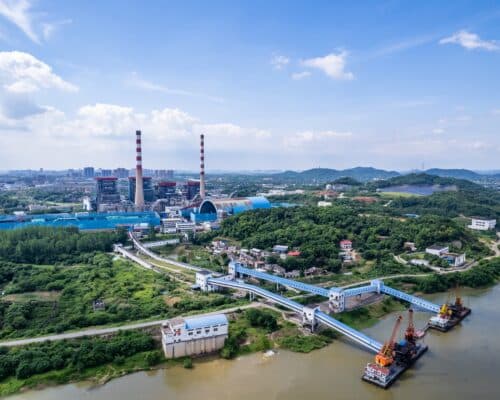
ASEAN Countries Do Not Yet Have a “Young” Coal Power Plant Problem [Op-Ed]
The recommended pathway to limit the global temperature increase to below 1.5°C is for developed countries to phase out coal power generation by 2030, while developing countries should do so by 2040. Hozefa Merchant shares his view on the challenges of transitioning from coal to clean energy should the region add new coal capacity.
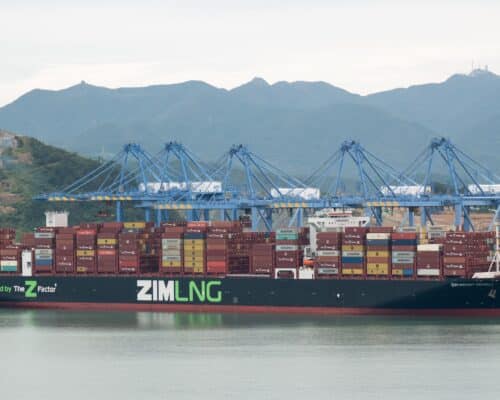
South Korea Scrapping Mega-scale LNG Terminal Projects Amid Weakening Demand and Overinvestment Risks
Several large liquefied natural gas (LNG) terminal projects in South Korea have been cancelled or delayed due to declining LNG demand and investment risks. As South Korea’s natural gas demand declines and decarbonisation efforts accelerate, these oil and gas developments could become stranded assets.
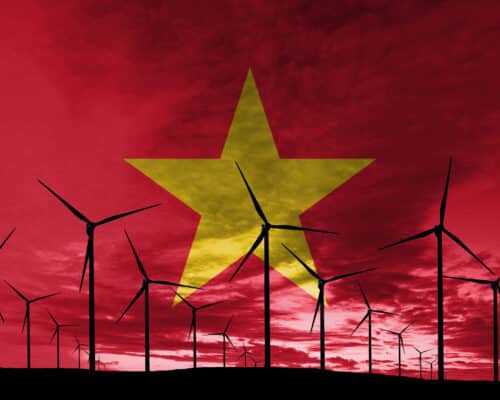
Vietnam’s Direct Power Purchase Agreement (DPPA) Decree Could Catalyse a New Era for Renewable Energy [Op-Ed]
In July 2024, Vietnam's government issued a decree allowing direct power purchase agreements for renewable energy between private developers and consumers. This decree is expected to spur significant growth in Vietnam's renewable energy sector.
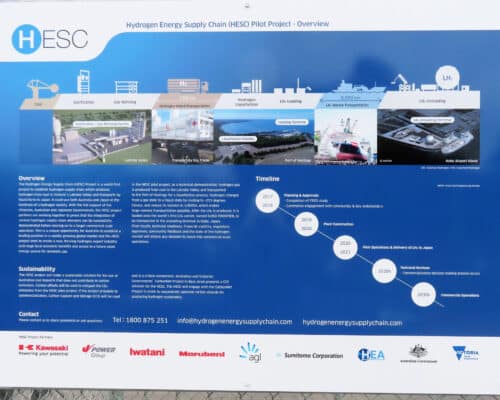
Is Australia’s Brown Hydrogen Export Project Destined to Fail? [Op-Ed]
The HESC project, led by an industry consortium, seeks to annually produce 40,000 tonnes of hydrogen from brown coal by 2030 for export to Japan. Can the project surmount the key challenges hindering hydrogen exports? Paul Martin shares his views.
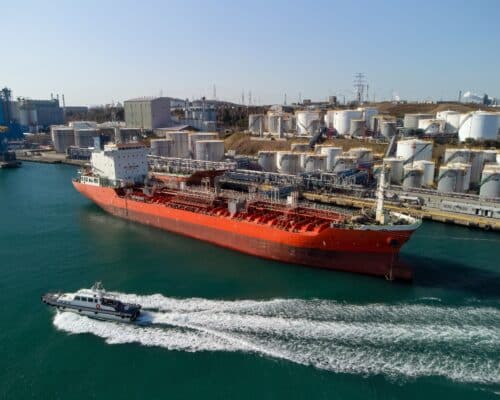
South Korea’s East Sea Gas Development Will Not Strengthen the Country’s Energy Security [Op-Ed]
South Korea’s Yoon Suk-yeol administration recently announced the exploratory drilling of potentially massive oil and gas reserves in the East Sea to address the country’s natural gas demand. However, with the country's natural gas demand declining, large oil and gas developments in the East Sea could become stranded assets.
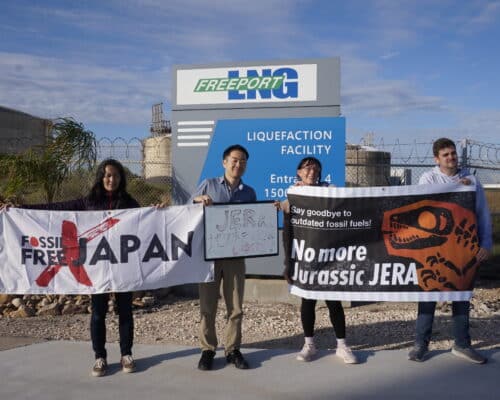
Japan’s Ongoing Harm in the U.S. Gulf [Op-Ed]
Japan is the primary backer of public and private U.S. LNG export facilities, which have caused significant harm to local fisheries. The shrimp industry, vital for Louisiana's sustenance and economy, has been severely impacted. Additionally, methane, a key constituent of LNG, is a potent greenhouse gas, 80 times more impactful than carbon dioxide. Leakage from these facilities and throughout the supply chain exacerbates the climate emergency. While the Biden administration's temporary halt on new LNG export authorisations is commendable, more decisive actions are required to address this issue effectively.
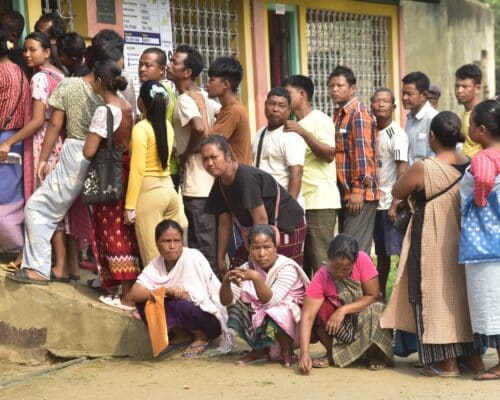
2024 India General Elections – Opportunity to Advance Sustainable and Resilient Agri-food Transition [Op-Ed]
Dr Roopam Shukla, Assistant Professor at the Centre of Excellence in Disaster Mitigation and Management at the Indian Institute of Technology, shares his opinion on the opportunities of India's 2024 general elections, which present a pivotal moment for local leaders and policymakers to elevate the discourse on how sustainable and resilient farming practices are essential for the future of India’s agriculture sector.

Revisiting the Narrative of Indonesia’s Energy Transition in the Prabowo-Gibran Era [Op-Ed]
The official announcement of Prabowo Subianto-Gibran Rakabuming Raka as Indonesia's President and Vice President for 2024-2029 will shape the country's energy transition policy future. Central to this is gauging their alignment with national climate goals and strategising how the administration will tackle energy transition hurdles over the next five years.
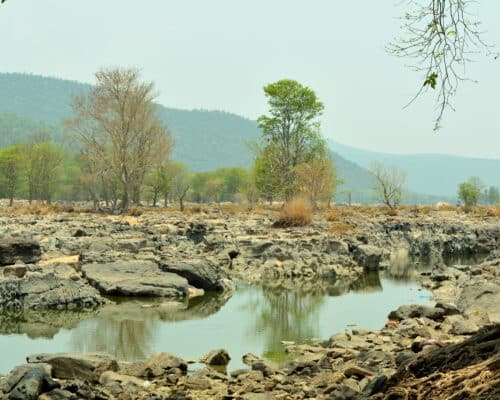
India’s Water Crisis Ahead of 1.5 Degree Warming World: A Portent of Disaster to Come [Op-Ed]
Addressing the ramifications of the crisis and the necessity for a comprehensive strategy for India’s water resource management is crucial for a scorching summer ahead. Can political parties make this an election agenda?
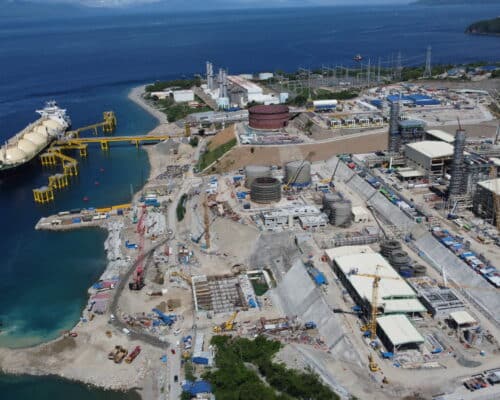
In a Warming World, the Philippines is Giving Far Too Warm a Welcome for Gas [Op-Ed]
Despite the grave socio-economic and climate impacts, the US and Japan are notorious champions of LNG. Will President Marcos' meeting with Japanese Prime Minister Kishida and US President Biden give a genuine outcome for renewables, or is this another parade of gas as bridge fuel deception?
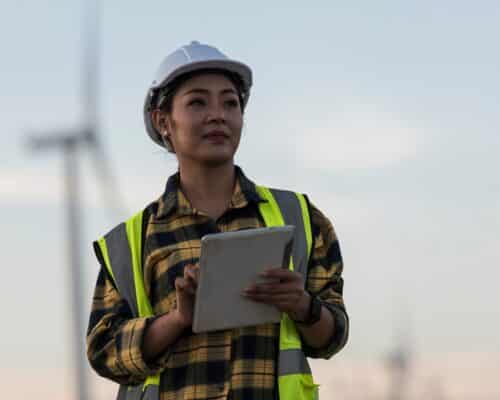
Women’s Empowerment Can Be the Catalyst to Drive Asia-Pacific’s Energy Transition [Op-Ed]
The Asia Director at the Global Wind Energy Council shares how the emerging wind industry brings opportunities for women to be empowered to helm the clean energy transition. She calls for recognising women's representation in the energy transition as a necessary first step in creating gender equality in the sector.
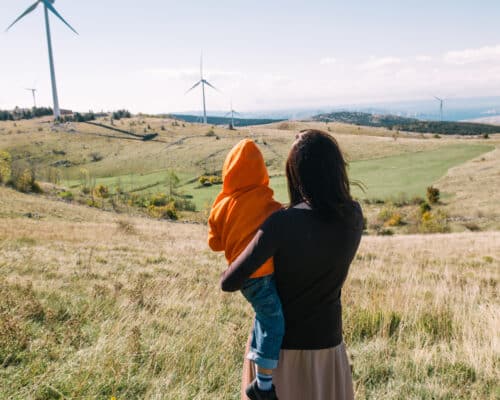
Empowering Women to Front the Energy Transition in Asia
Vibhuti Garg, the South Asia Director at the Institute for Energy Economics and Financial Analysis (IEEFA), shares her views on a gender-inclusive clean energy sector and how women can be empowered to be at the forefront of India's energy transition.
Most Popular
Categories
-
10
-
34
-
126
-
4
-
17
-
46
-
52
-
11
-
10
-
15
-
24
-
6
-
5
-
1
-
6
-
281
-
200
-
17
-
24
-
1
-
1
-
23
-
41
-
44
-
87
-
18
-
86
-
41
-
17
-
11
-
43
-
54
-
86
-
299
-
22
-
44
-
36
-
10
-
42
-
36

